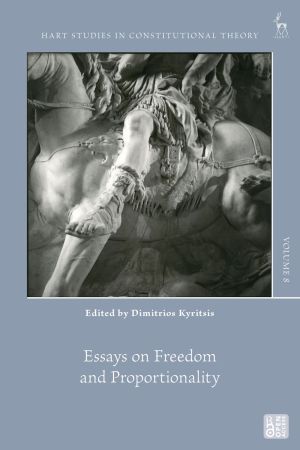
This open access book explores the connection between proportionality and the moral concept of freedom from a variety of philosophical perspectives. It views proportionality as more than a technical, legalistic formula but as infused with moral meaning. It asks: Is the proportionality test committed to a particular philosophical conception of freedom?
Some contributors argue that proportionality subscribes to a morally defensible 'right to everything'. Others see in this a serious shortcoming of contemporary proportionality discourse. They claim instead that fundamental rights doctrine should abandon proportionality and adopt a less individualistic notion of freedom that is inherently limited by the reasonable interests of others.
The volume showcases novel attempts to combine proportionality and freedom that are inspired by Kant, John Rawls and Bernard Williams. It also situates its central question within debates about the legitimacy of judicial power and considers the use of proportionality analysis by the courts to resolve pivotal issues about the meaning of human rights. Individual chapters are in dialogue with each other, offering readers a holistic examination of this important issue of human rights theory and practice.